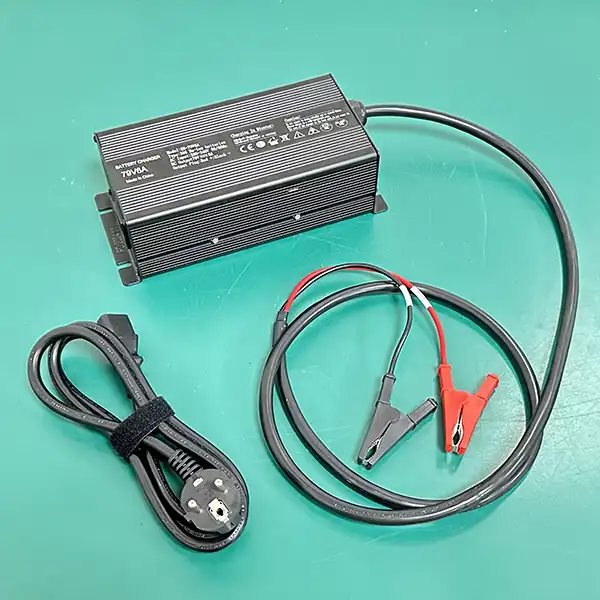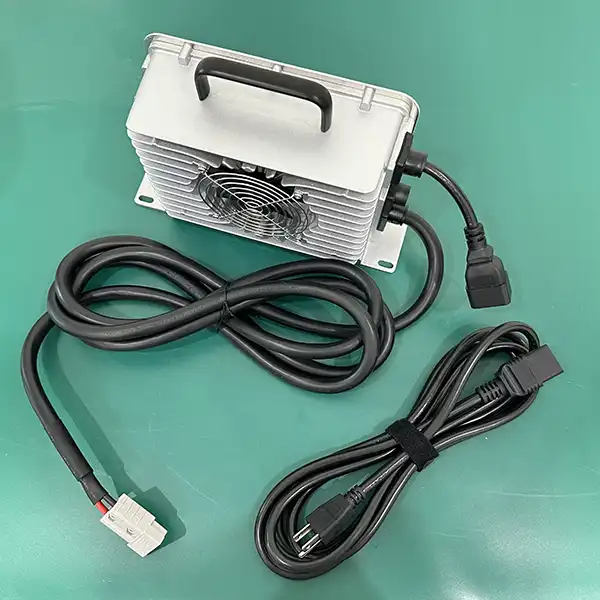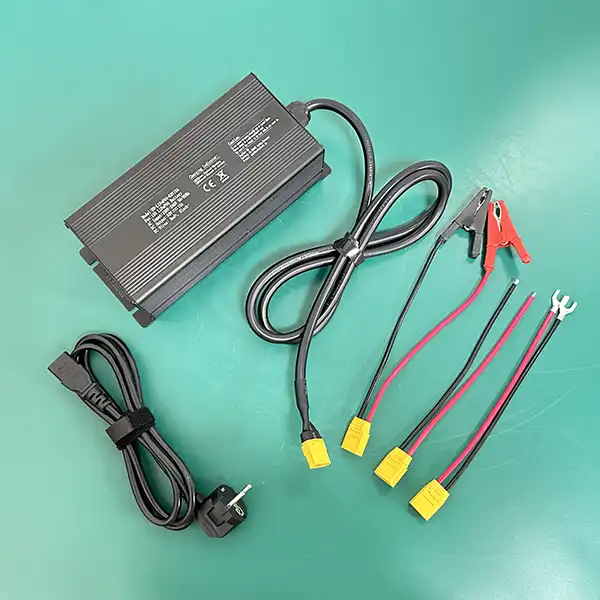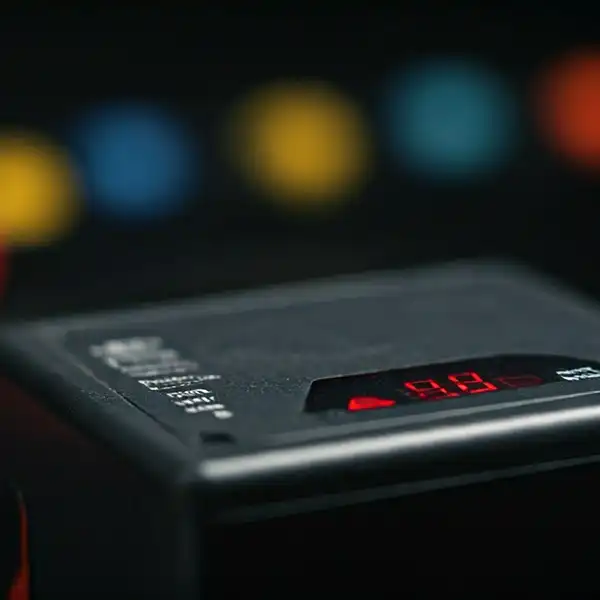Lithium batteries come in many chemistries, each with its own strengths and weaknesses. Among them, Lithium Iron Phosphate (LiFePO4) has quickly become the preferred choice for applications like golf carts, solar storage, RVs, and e-rickshaws. But what sets LiFePO4 apart from other lithium batteries like Lithium Cobalt Oxide (LCO) or Lithium Nickel Manganese Cobalt (NMC)? Let’s break it down.
1.Safety First
- LiFePO4 batteries are inherently more stable. Their chemistry resists overheating and thermal runaway, making them far less likely to catch fire.
- Other lithium chemistries (like LCO) provide higher energy density but have more safety concerns, especially under high stress or improper charging.
For applications like golf carts or e-rickshaws, where daily reliability is key, LiFePO4 is the safer bet.
Learn more about Lifepo4 Safe Charging Essential LiFePO4 Charger Safety Tips for 2025
2.Longer Cycle Life
- LiFePO4 batteries last 3,000–5,000 cycles under proper use.
- Other lithium batteries typically offer 500–1,500 cycles before significant capacity loss.
That means a LiFePO4 pack can last up to 10 years or more, making it highly cost-effective in the long run.
Learn more about Deep Cycle Batteries Explained: Myths vs Reality
3.Energy Density Differences
- NMC and LCO batteries have higher energy density, making them ideal for smartphones, laptops, and EVs where compact size matters.
- LiFePO4 has lower energy density, but its stability and lifespan outweigh this trade-off for many industrial and mobility uses.
4.Temperature Tolerance
- LiFePO4 performs well across a wider temperature range.
- Other lithium chemistries degrade faster in hot climates or show reduced performance in the cold.
This makes LiFePO4 an excellent match for outdoor environments and heavy-duty equipment.
5.Environmental Benefits
LiFePO4 batteries are more eco-friendly because they don’t use cobalt or nickel, metals often linked with environmental and ethical issues in mining.
Why It Matters for You
If you’re looking for a battery that prioritizes safety, longevity, and reliability, LiFePO4 is the clear winner. While other lithium chemistries still have their place in high-energy-density applications, LiFePO4 remains the go-to for golf carts, solar, RVs, and industrial equipment.
Pairing a LiFePO4 battery with our intelligent battery chargers ensures the battery is always charged with the optimal curve for maximum lifespan and performance.
Learn more about LiFePO4 batteries and Lead Acid batteries: Lead Acid vs LiFePO4 Showdown: Which Wins in 2025?




